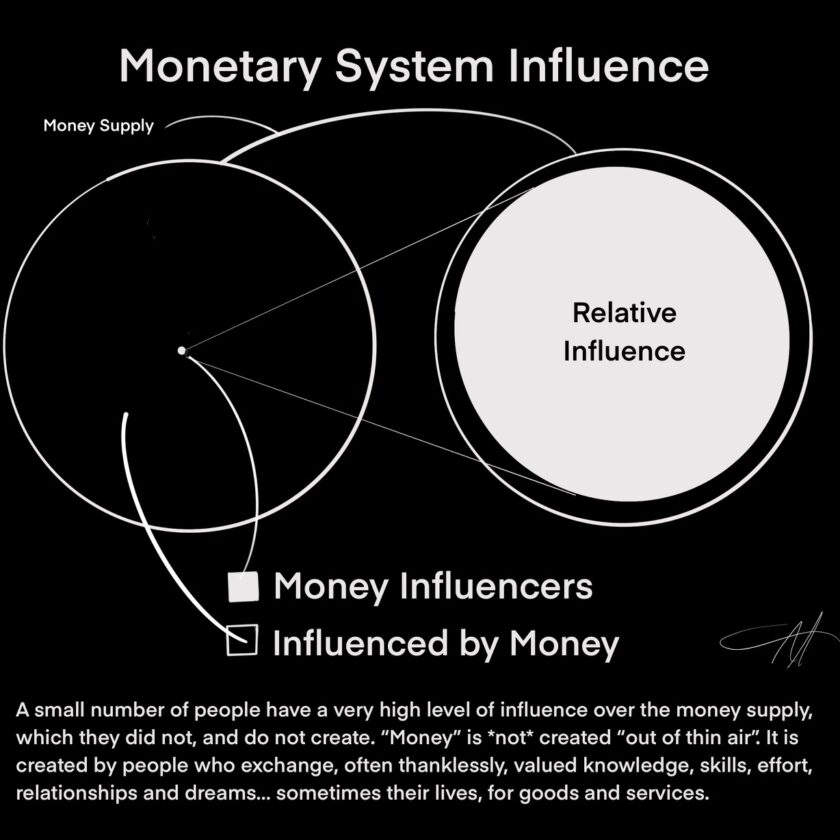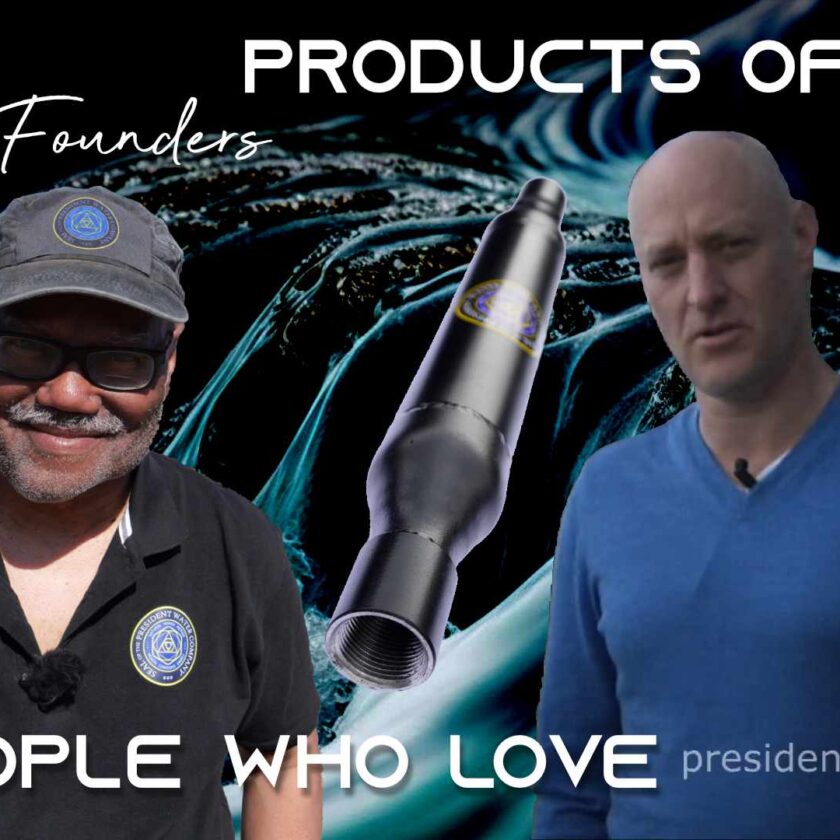We are so practiced at looking at, and for external solutions to our problems, we quickly overlook ourselves. It’s funny in a non-amusing sort of way, since unless we’re taking an active lead part of our own solutions, our problems will never really go away.
Indeed, we generally focus our attention on the problem that we now “own,” hook, line, and sinker, which simply has the effect of weighing us down even more. The best way to mitigate and transmute a “problem” is to focus attention and energy on, and into that which we love. This is actually easier done than said.
I had a great interview the other day with Adele Britton, author of The Hokey Pokey IS What It’s All ABOUT for next week’s edition of Talk for Food. She’s in town preparing to do a relationship workshop this weekend. Adele is the first guest I’ve had whose philosophy is rooted in A Course in Miracles (ACIM), a volume that was received by Drs. Helen Schucman and William Thetford between 1965 and 1972. Gary Renard (The Disappearance of the Universe and Your Immortal Reality) will be my next guest who sings from the ACIM songbook. My conversation with Gary is a couple of weeks away, with the show going online sometime in May.
While I have not taken The Course, I now have the ACIM book. I credit reading Gary Renard’s Disappearance as a major influence for that acquisition, for I fully agree with its treatise on the power and necessity of forgiveness. We cannot “move on” or move up, harmonically speaking, unless we forgive.
There is no “way over yonder” without first being forgiving. As such, we give ourselves, individually and collectively, ample opportunities to forgive.
This is not to say that there is no love unless we forgive. There is always love. Forgiveness reconnects us… to the love that radiates from within ourselves. As that love *fills* us to overflowing, only then do we have the capacity to share it with others without being “depleted”.
The ACIM book has some great points throughout about the physical body, and anyone who appreciates these thoughts will also appreciate the message conveyed in my book, I Am My Body, NOT!
I randomly picked up the ACIM book one day, and my attention was drawn to the following passage. This is GREAT stuff!
The Secret Vows
1. Who punishes the body is insane. For here the little gap is seen, and yet, it is not here. It (the body) has not judged itself, nor made itself to be what it is not. It does not seek to make of pain a joy and look for lasting pleasure in the dust. It does not tell you what its purpose is and cannot understand what it is for. It does not victimize, because it has not will, no preferences and no doubts. It does not wonder what it is. And so it has no need to be competitive. It can be victimized, but cannot feel itself as victim. It accepts no role, but does what it is told, without attack.
2. It is indeed a senseless point of view to hold responsible for sight a thing that cannot see, and blame it for the sounds you do not like, although it cannot hear. It suffers not the punishment you give because it has no feeling. It behaves in ways you want, but never makes the choice. It is not born and does not die. It can but follow aimlessly the path on which it has been set. And if that path is changed, it walks as easily another way. It perceives no gap, because it does not hate. It can be used for hate, but it cannot be hateful made thereby.
3. The thing you hate and fear and loathe and want, the body does not know. You send it forth to seek for separation and be separate. And then you hate it, not for what it is, but for the uses you have made of it. You shrink from what it sees and what it hears, and hate its frailty and littleness. And you despise its acts, but not your own. It sees and acts for you. It hears your voice. And it is frail and little by your wish. It seems to punish you, and thus deserve your hatred for the limitations that it brings to you. Yet you have made of it a symbol for the limitations that you want your mind to have and see and keep.
4. The body represents the gap between the little bit of mind you call your own and all the rest of what is really yours. You hate it, yet you think it is your self, and that, without it, would your self be lost. This is the secret vow that you have made with every brother who would walk apart. This is the secret oath you take again, whenever you perceive yourself attacked. No one can suffer if he does not see himself attacked, and losing by attack. Unstated and unheard in consciousness is every pledge to sickness. Yet it is a promise to another to be hurt by him, and to attack him in return.
5. Sickness is anger taken out on the body, so that it will suffer pain. It is the obvious effect of what was made in secret, in agreement with another’s secret wish to be apart from you, as you would be apart from him. Unless you both agree that is your wish, it can have no secrets. Whoever says, “There is no gap between my mind and yours” has kept God’s promise, not his tiny oath to be forever faithful until death. And by his healing is his brother healed.
6. Let this be your agreement with each one; that you be one with him and not apart. And he will keep the promise that you make with him, because it is the one that he has made to God, as God has made to him. God keeps His promises; His Son keeps his. In his creation did his Father say, “You are beloved of Me and I of you forever. Be you perfect as Myself, for you can never be apart from Me.” His Son remembers not that he replied, “I will,” though in that promise he was born. Yet God reminds him of it every time he does not share a promise to be sick, but lets his mind be healed and unified. His secret vows are powerless before the Will of God, Whose promises he shares. And what he substitutes is not his will, who has made promise of himself to God.
In I Am My Body, NOT! is the following passage about the skin:
My skin is a wondrous instrument; pliable, comfortable, and accommodating, as my size and shape changes throughout the many stages of my life. Self-healing and forgiving, it sets a wonderful example of how I should be toward others, and myself. But as wonderful as my skin it, it is not my body, and my body, is not me.
There is no time that is too early to begin hearing such ideas, whether we understand them at first impression or not. They are seeds that, when planted, can sprout into a love and appreciation of one’s form, and yet an understanding of who we are.
Look for my conversation with Adele Britton on Talk for Food next week.





Hi Adam, enjoyed the read, some fine minds put on paper, I would say!